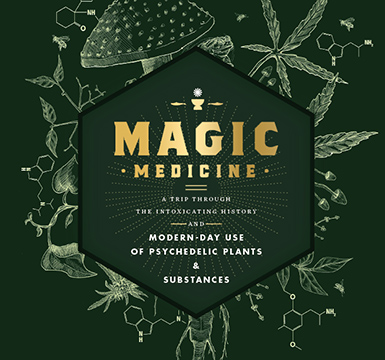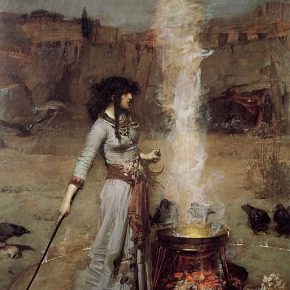Posts tagged "Prohibition"

Sasha Shulgin Compares Drug War to Persecution of Galileo
I was so struck by this passage from Alexander Shulgin’s book Tihkal (Tryptamines I Have Known and Loved) that I had to share it here: Professor David Nutt has made a similar comparison, describing the UN’s ban on psychedelics as “the worst case of scientific censorship since the Catholic Church banned the works of Galileo.” You can read the second half of Tihkal (the chemical section) on Erowid, or better yet on isomerdesign.com where it is more accurate and more user-friendly. But the first half of the book remains copyrighted, so if you’d like to read the whole thing,...
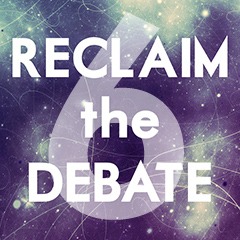
Reclaiming the Prohibition Debate, Part 6—Asking Questions
This is the conclusion of a six-part series about the Prohibition debate. You can check out Parts 1, 2, 3, 4, and 5, though they are not necessary for understanding this post. In Part 5 I discussed cognitive liberty as a basic human right, and in this final section I review the questions we should be asking about drug policy. Legality does not constitute endorsement Prohibition supporters often say that repealing prohibition would “send the wrong message” to America’s youth. But the legislative body is not in the business of sending messages. We do not pass laws to communicate how people should...
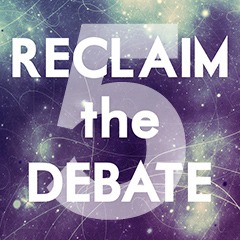
What is Cognitive Liberty? Reclaiming the Prohibition Debate, Part 5
This is the fifth in a six-part series about how the Prohibition debate is tainted by our unquestioned assumptions. You can check out Parts 1, 2, 3, and 4, but they are not necessary for understanding this post. Politicians, the media, and everyday citizens tend to frame the prohibition debate as “Should we legalize marijuana?” This language reveals entrenched cultural views not only about drugs, but about the role of government and the freedoms “allowed” to the private citizen. “Legalize” implies that the role of the government is to selectively allow some things. It isn’t – the role...
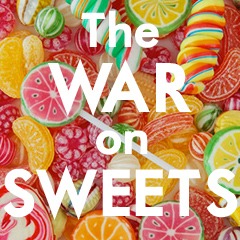
The War on Sweets What if We Applied the Failed Approach of Drug Prohibition to Candy?
This is the fourth in a six-part series about how the Prohibition debate is tainted by our assumptions and prejudices. You can check out Parts 1, 2, and 3, but they are not necessary for understanding this post. We often focus on what would happen if cannabis were legalized. This is a terrible way to frame the debate. It’s worthwhile to consider the effects of any legislative act, of course, but we focus way too much on societal effects and not enough on human rights. We consider the ends at the expense of the means. An example will illustrate my point....
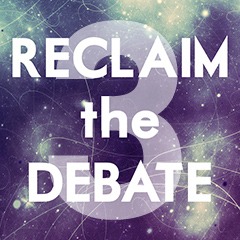
The Power of Words Rethinking the Language of Prohibition
This is the third in a six-part series about how the Prohibition debate is tainted by our assumptions and prejudices. You can check out Parts 1 and 2, but they are not necessary for understanding this post. Those who rule symbols, rule us. —Korzybski Consider the power of words. If we uncritically accept the state-sponsored language, the DEA’s job is to enforce laws that apply to illicit substances. But a humanitarian perspective may sound more like this: the DEA robs and kidnaps individuals who possess, create, or sell some substances, almost none of which are especially poisonous when compared to commonly...
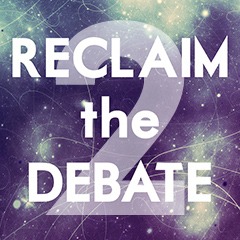
The Gravity of Law: Taking Human Rights Seriously Reclaiming the Prohibition Debate, Part 2
In Part 1 of this six-part series, I discussed the importance of comparing terms and assumptions before debating drug policy. In this post, I re-examine the nature of law and our disturbingly casual attitude towards coercion and punishment. [pullquoteleft]Every law diminishes our freedom, but good laws provide new freedoms in exchange.[/pullquoteleft]The primary function of any government is to protect its constituents’ human rights. The secondary goal is to uphold the smooth functioning of society. Secondary functions include zoning laws, market regulations, welfare programs, and tax collection—these activities don’t protect individual rights per se, but they (arguably) keep society running...
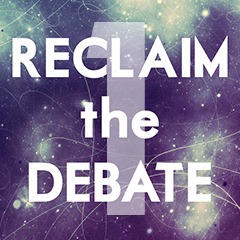
Myths and Lies of Prohibition Reclaiming the Prohibition Debate, Part 1
I have already examined the psychology of Prohibition and our neurotic desire for control. In this six-part series, I focus on the skewed language and unquestioned assumptions that taint the Prohibition debate. Language always lies… We proceed from one fiction to another, every time we open our mouths to speak. —Robert Anton Wilson Language hypnotizes us. We are raised with the phrases and conventions of our culture, and no matter how insidious or wrong-headed they prove to be—no matter how independent-minded we pretend to be—these ideas carry great power over us for our entire lives. When we name things,...
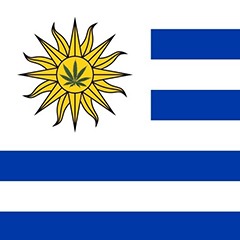
Uruguay approves world’s first national market for cannabis
The first domino has fallen. In a momentous blow to the War on Drugs, Uruguay has passed a law that regulates rather than criminalizes the cannabis trade, from cultivation to consumption. Countries around the world will be watching to see how this social experiment turns out. When this strategy is shown to reduce crime and violence without leading to the collapse of civilization, it will fuel momentum for the end of Prohibition across the world. Kudos to Uruguay for taking this pioneering first step towards sensible drug policy! This infographic by the Transnational Institute summarizes the new law. Liked...
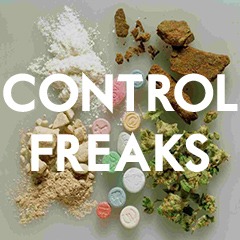
Control Freaks: America and its Uncontrolled Substances
I’ve analyzed the psychology of Prohibition before, concluding that the War on Drugs is a deceit maintained by the national ego. In this article I take a deeper look at how the desire for control affects our laws and language. This is a prelude to my six-part essay on language called Reclaiming the Prohibition Debate. None are more hopelessly enslaved than those who falsely believe they are free. —Goethe Humans like to feel in control. This is not always a bad thing, but it becomes problematic when we are so obsessed with the illusion of control that we forego the...
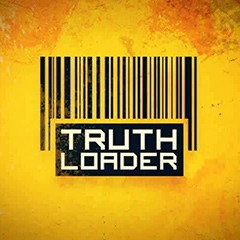
Video: The War on Drugs is a War on You
This excellent new video from Truthloader, a Youtube channel dedicated to “citizen journalism,” exposes the truth about the War on Some Drug Users: Truthloader recently followed up with Part Two, about the drug war abroad. They also have a separate series about the horrific effects of drug policy in Mexico. Liked this post? Subscribe to my RSS feed to get much more! Or enter your email address for weekly updates: Share this:

